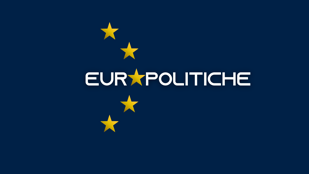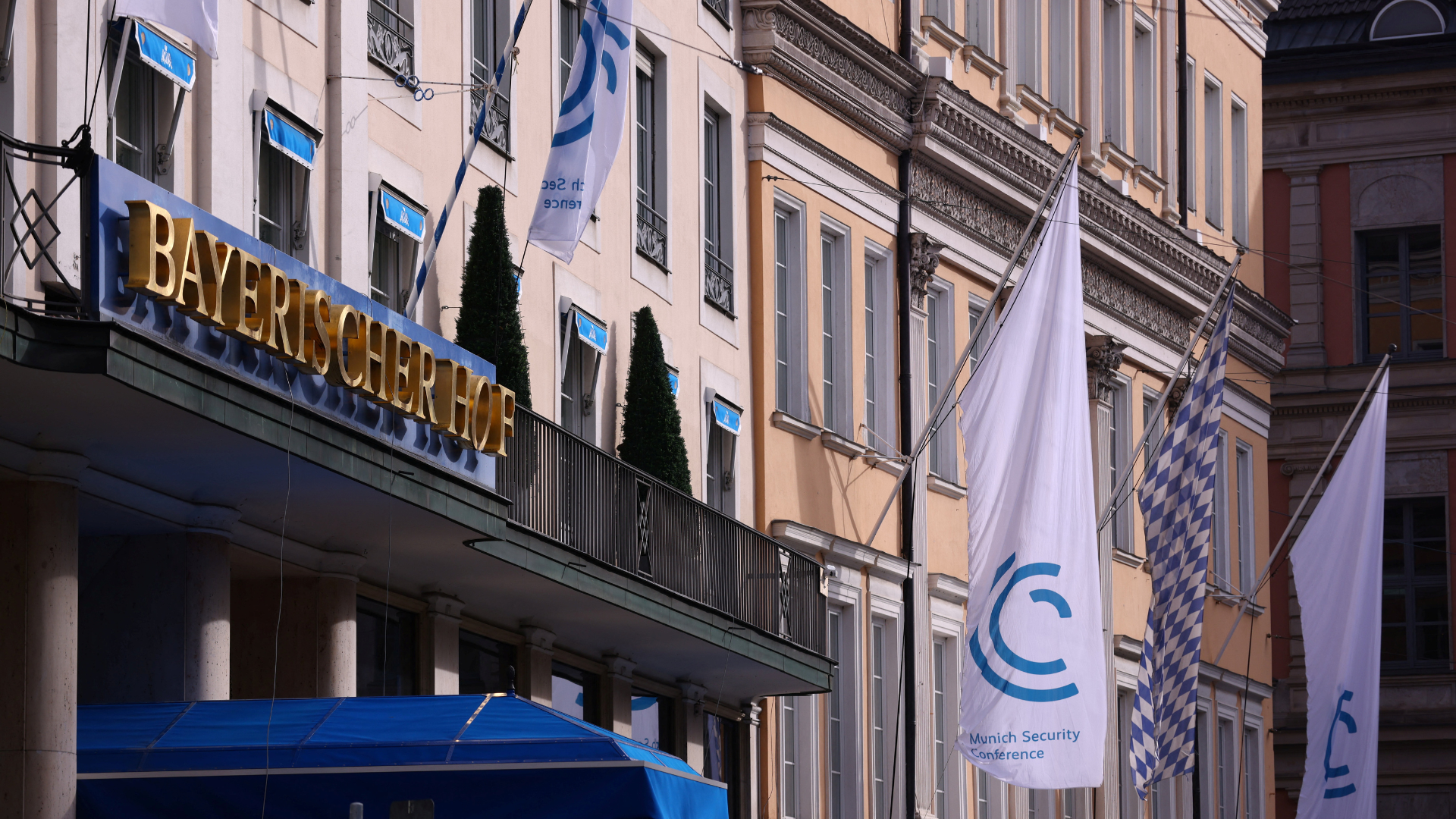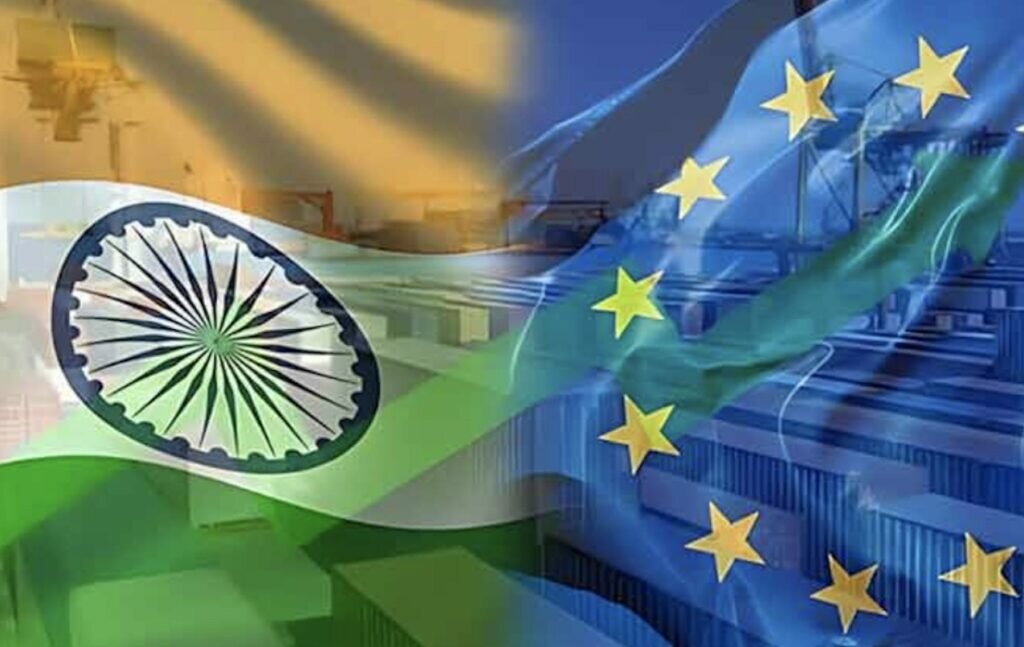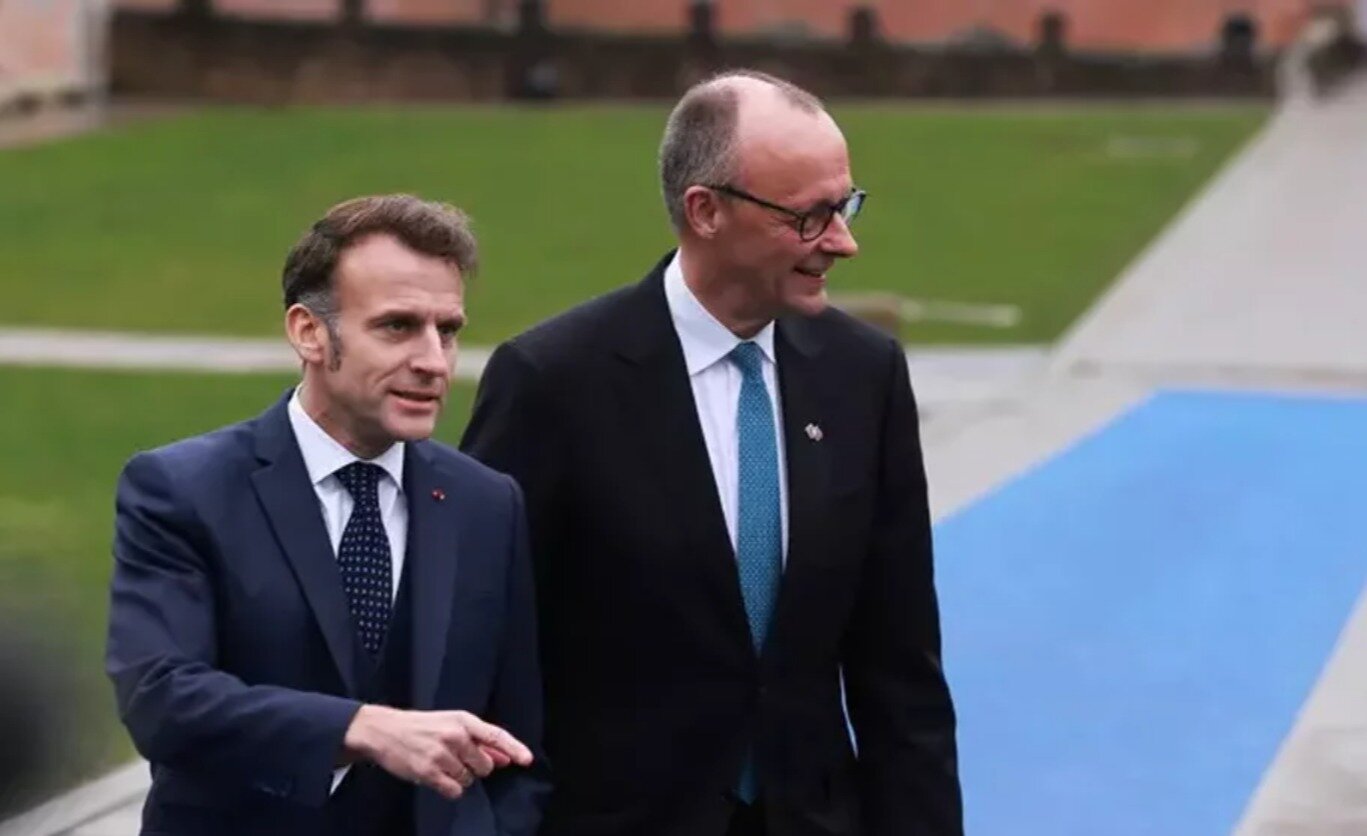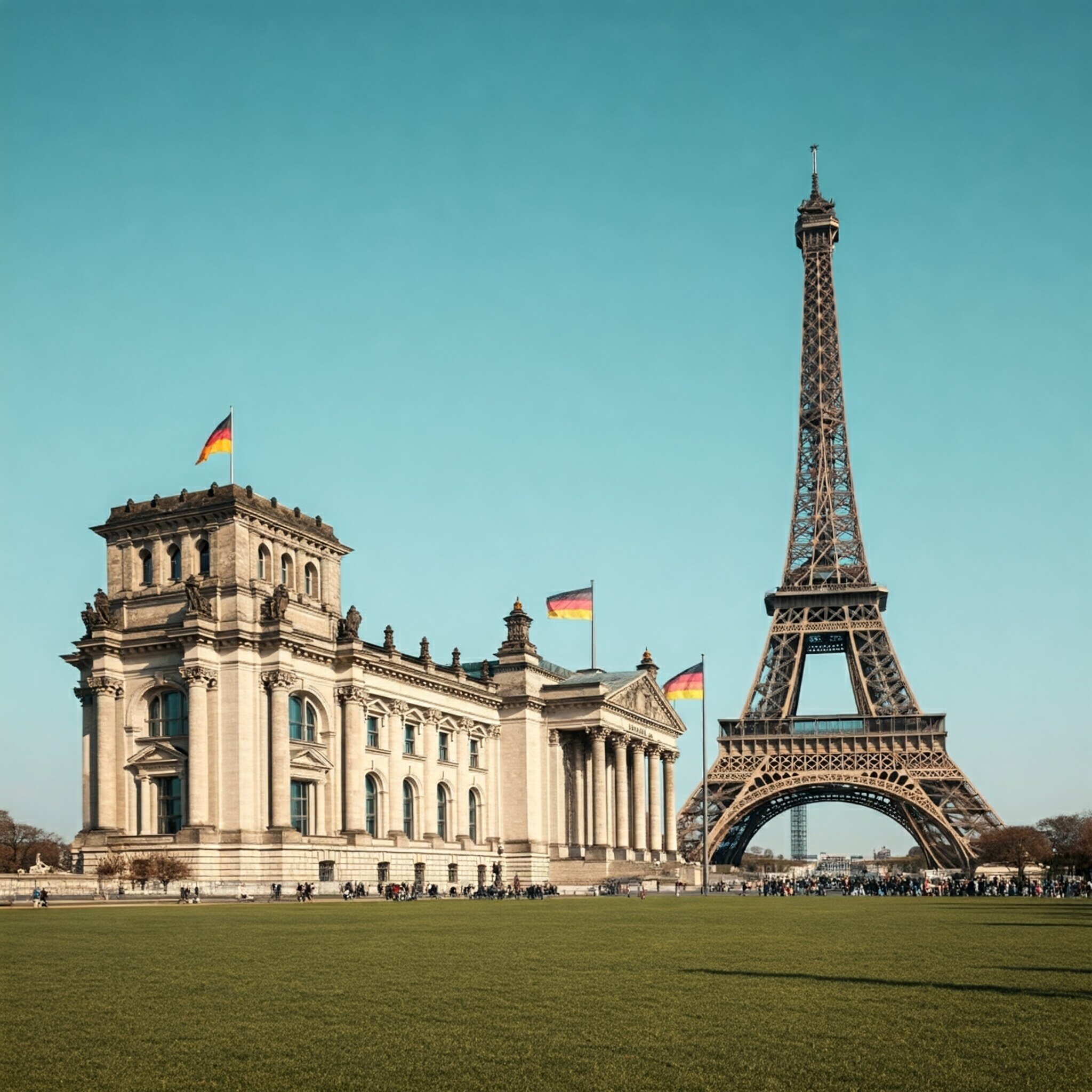IT - Con la scomparsa del 21 aprile a ottantotto anni di Jorge Maria Bergoglio, Papa Francesco della Chiesa cattolica, la storia contemporanea perde uno dei protagonisti del dibattito sulla religione e il senso della vita degli uomini e dei popoli di oggi. Gesuita argentino, ordinato Papa il 13 marzo del 2013, Bergoglio ha dato vita ad un magistero che ha riportato al Vangelo l'agire della Curia romana e della millenaria istituzione religiosa. 
Poco attratto dalla straripante teologia del benessere nell'Occidente moderno, Bergoglio, sin dalla sua scelta di chiamarsi Francesco, ha inteso orientare agli ultimi molte delle sue opere, rifuggendo dal tradizionalismo conservatore perch√© mosso da ‚Äúindietristi‚ÄĚ, amava ammonire, rispetto al procedere di progresso delle anime umili che riteneva di dover accompagnare, recuperare ed includere, come compendia nella sua enciclica Fratelli Tutti.
I suoi funerali si terranno in forma solenne sabato 26 aprile alla presenza di centinaia di migliaia di fedeli e di oltre cento delegazioni dei potenti della Terra, da Trump a Macron, da Starmer a Felipe di Spagna e a Von der Leyen. Proprio la presidente della Commissione, unitamente ad altri leader europei, ha sottolineato l'importanza del messaggio di Francesco, sempre indirizzato ad una costruzione di ‚Äúponti‚ÄĚ nel Vecchio continente. La Chiesa perde un Papa che ha insistito tanto sulla necessit√† di fermare la ‚Äúterza guerra mondiale a pezzi‚ÄĚ, parole sue, in atto nel Mondo.¬†
 
EU/EN - With the passing away on April 21 at the age of eighty-eight of Jose Maria Bergoglio, Pope Francis of the Catholic Church, contemporary history has lost one of the protagonists of the debate on religion and the meaning of life of men and peoples today. An Argentine Jesuit, ordained Pope on March 13, 2013, Bergoglio created a teaching that brought the actions of the Roman Curia and the thousand-year-old religious institution back to the Gospel. Little attracted by the overwhelming theology of well-being in the modern West, Bergoglio, since choosing to call himself Francis, has intended to orient many of his works towards the least, shunning conservative traditionalism because it was moved by ‚Äúbackward-thinkers,‚ÄĚ he loved to warn, compared to the progress of humble souls that he believed he had to accompany, recover and include.¬†
His funeral will be held in solemn form on Saturday 26 April in the presence of hundreds of thousands of faithful and over one hundred delegations of the powerful of the Earth, from Trump to Macron, from Starmer to Von der Leyen. The President of the Commission herself, together with other European leaders, underlined the importance of Francis' message, always aimed at building "bridges" in the Old Continent. The Church loses a Pope who insisted so much on the need to stop the "third world war in pieces", his words, underway in the World.
 
staff @europolitiche.it
  
